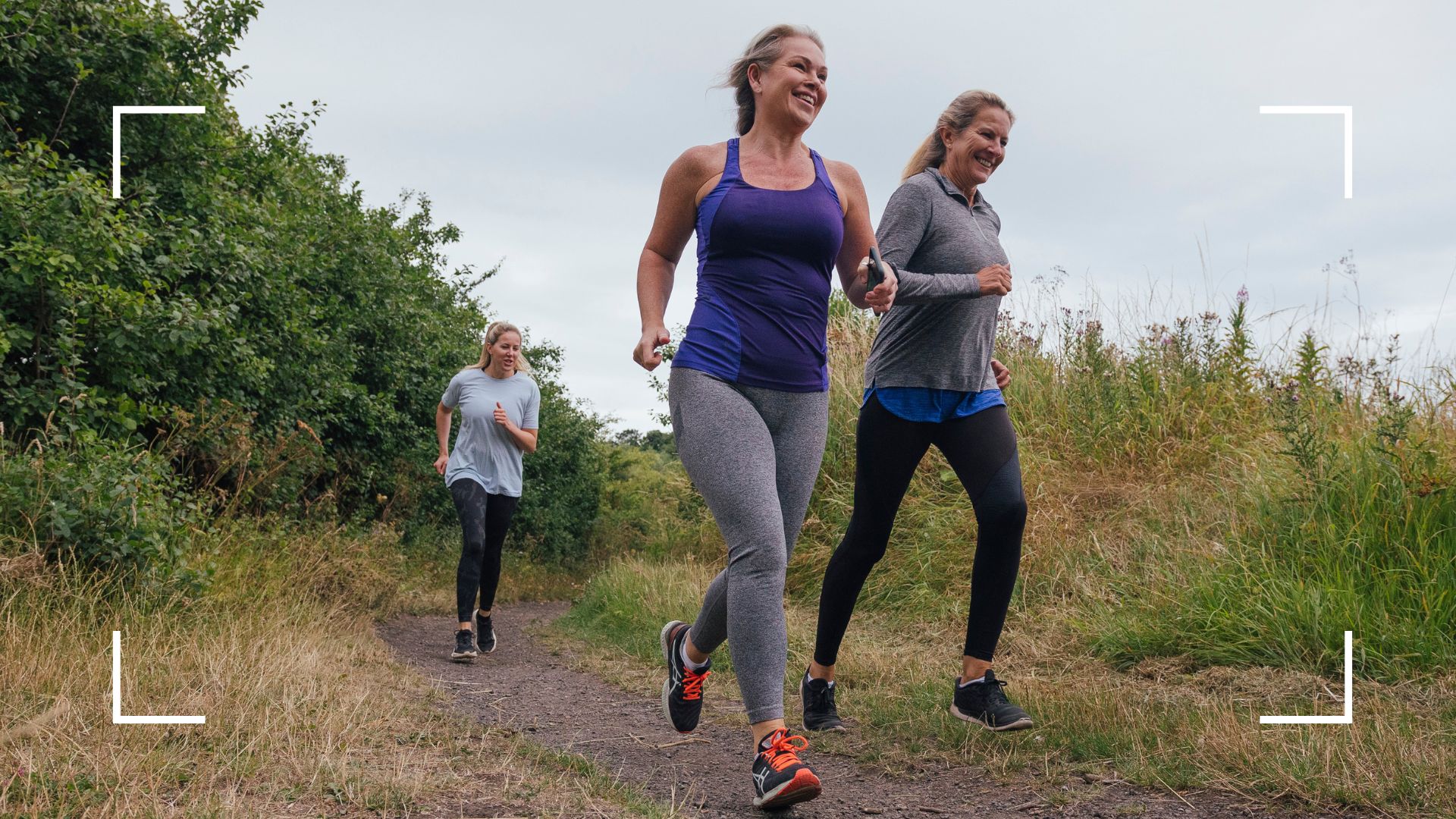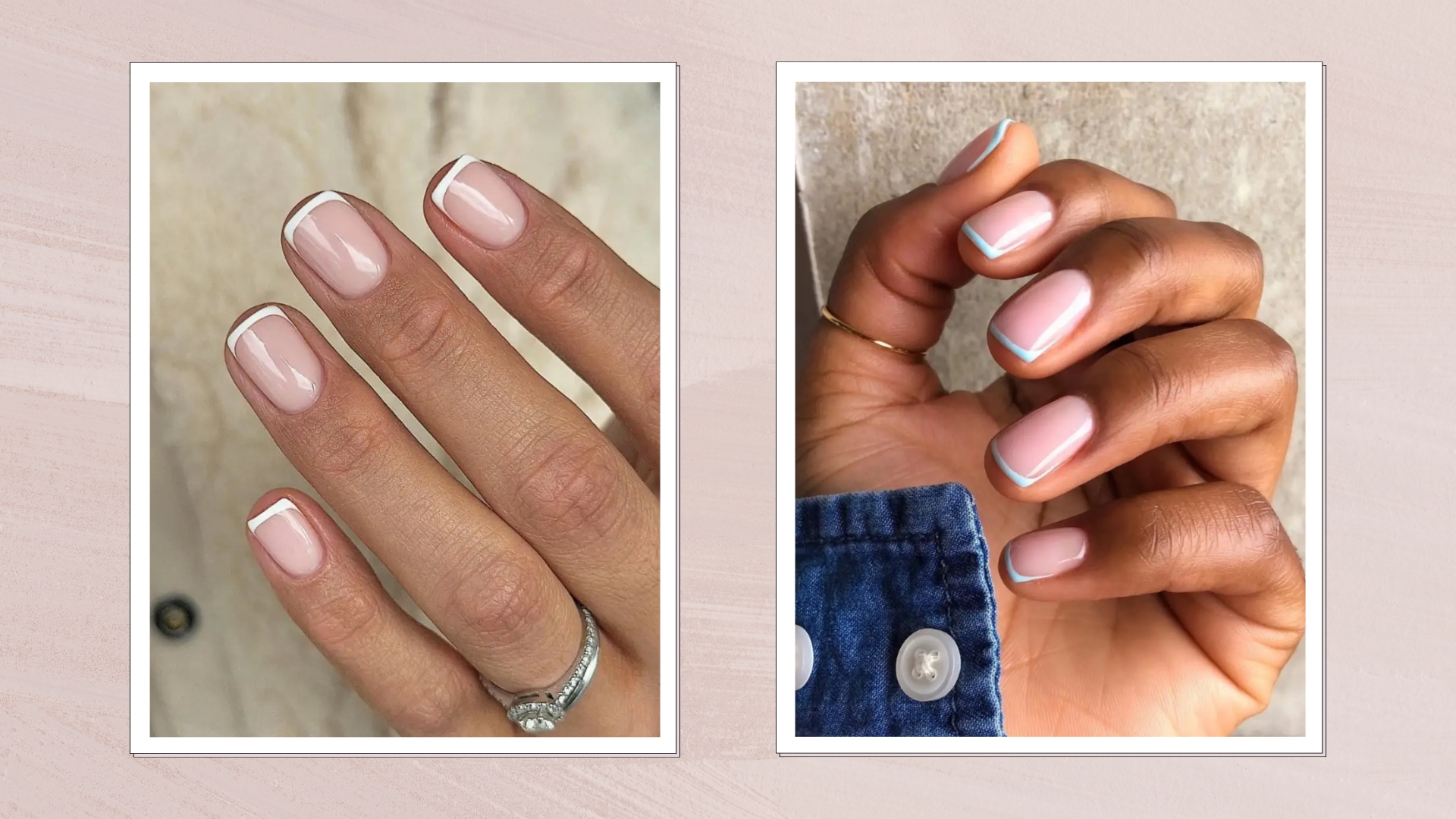How long does it take to train for a marathon? Plus, the mistakes to avoid on your runs
How long does it take to train for a marathon? First-timers may make mistakes when they decide on the distance, here coaches reveal the top ones to avoid


How long does it take to train for a marathon? If you've ever thought about giving this impressive distance a go, it's probably a topic you've been thinking about. Everyone is different as we all come to running with different levels of fitness, so it's important to know how long to leave yourself for training to prevent injury, be ready on the day, and most importantly, to enjoy the process.
While it's estimated that only 0.01% of the world's population complete a marathon every year, more people are taking up the challenge than ever before - with women leading the way. As reported by The Guardian, the number of female runners over 50 finishing the London Marathon increased by 65% from 2018 to last year, with a huge 91% increase in women aged between 60 and 69 completing the distance.
So, whether you're signed up to the London Marathon in March next year or the Manchester, Brighton, Edinburgh marathons in April or May, you've got about six months or more to get training. Is this enough time? Find out as woman&home talks to a collection of running coaches and fitness experts to find out. Plus, they reveal the other running mistakes you may be making with your training - from what running does to your body to why you might be missing out on some of key benefits of running for women.
How long does it take to train for a marathon?
If you're a first-time marathon runner, you may need up to 24 weeks (six months) to complete all your marathon training. How long it'll take depends on various factors, such as your current fitness levels, any injuries you might have, and lifestyle factors - especially time availability for training.
For those who've already started running, who maybe run every day or every other day, it could take between 16 and 20 weeks to train.
The biggest mistake you can make with marathon training is not having a training plan. If you've never run a marathon before, it's a good idea to get one designed for running for beginners. These plans offer everything from structured runs, with pace suggestions to help you get faster and stronger so you can finish the race, to detailed information on every step of your running journey.
"Your body likes consistency, so make sure you have a well-structured training plan with runs spaced out throughout the week," says Wendy Rumble, a certified running and fitness coach with England Athletics and boobydoo ambassador.
Sign up for the woman&home newsletter
Sign up to our free daily email for the latest royal and entertainment news, interesting opinion, expert advice on styling and beauty trends, and no-nonsense guides to the health and wellness questions you want answered.

Wendy Rumble is a qualified England Athletics coach (CIRF) from Wokingham who has run 9 marathons including Boston, London and Washington. Wendy is a boobydoo ambassador, passionate about helping to get people moving, with a focus on buggy running.
The good news is, that you don't necessarily have to spend loads on a personal running coach if that's not in your budget. Many of the best running apps, including Runna, offer marathon training plans tailored to your current fitness level at lower prices.
If you're set on training for a marathon, take a look at the experts' other recommendations for avoiding top marathon mistakes...
Marathon training mistakes
1. Not doing any strength training
"Running a marathon is an immense physical exertion and strength is the foundation," explains Emma Kirk-Odunubi, a gait analyst, footwear expert, and graduated sports scientist who also works with Wattbike as an ambassador. "In order to run the many miles week in and week out, having a base of four to eight weeks of consistent strength training, two to three times a week is imperative to help us prevent injury."
Whether you do strength training in the gym and class weightlifting, Pilates for strength training, or a pre-set strength training for runners routine, that's up to you- but it needs to be weighted resistance exercises, she says. The focus though should be on the calves, glutes, core, ankles, knees, and hips.
"Think squats, lunges, calf raises, single leg hops, and glute bridges as just a few of the many exercises that will benefit you as a runner."

Emma Kirk-Odunubi is a gait analyst, footwear expert and graduated sports scientist who has been in the running industry for over 15 years. She has utilised her knowledge as a strength and conditioning coach to educate runners on injury-preventing techniques & form. She is a Wattbike Ambassador and has been an Under Armour Ambassador for 4 years. She herself has taken part in multiple marathons, an indoor ironman and 24-hour fitness challenges for charity.
2. Not eating enough while running
Marathon training is as much an exercise for your digestive system as it is for your muscles. You'll likely need to eat something on the move, both during training and on race day.
"When we run any distance over 90 minutes we need to replenish our carbohydrate stores," explains Kirk-Odunubi. "The ideal amount for anyone going to run over three to four hours is 60 to 90g of carbohydrates per hour. This fuel can be in the form of running gels, flapjacks, bananas or homemade energy snacks."
While nutrition and fueling for running can be very personal, it's likely not going to be a consideration until the 10 to 15km mark. After this point, you're likely running for more than 90 minutes so will need some carbs in your running gear.
"Making sure you have trialled as many different gel types in training to see which one sits well on your stomach and fuels you best is vital. Taking on those carbohydrates helps to keep the body fuelled and means you are less likely to hit 'the wall' you may hear people talking about. That wall is simply where the body runs out of carbohydrates and energy levels plummet."
A better analogy to help you understand even further is to think of your body like a car, she says. "You start with a full tank then as you run you use fuel. After 30 minutes, the fuel has been used but not completely depleted so it's important to top up. Every 30 minutes, constantly topping up your fuel means it won't run out! So there is your first rule, fuel early from 30 minutes (every 30 minutes) to take on board the 60 to 90g of carbohydrates you need every hour."
3. Trying something new on race day
However, you need to make sure to have your snack strategy sorted before the big day and any big runs you have leading up to it. Don't bring in anything new that you haven't had before since you don't want your stomach rebelling miles into your marathon.
"Your gut takes time to ‘train’ just like your muscles. During your training runs you will need to try different meals the night before, the morning before and fuel during, to get the right combo for you. This is really personal but as you run longer your gut will get used to it, reducing the chance of urgently needing the toilet," says Rumble.
4. Not having the right running shoes
They say that running is one of the most accessible sports in the world because of how little equipment you really need to do it. However, there is one main piece of kit you will need to get on with marathon training - a pair of the best running shoes (and a good sports bra, of course).
When it comes to running shoes, "getting a gait analysis is the best starting point," says Wattbike ambassador Kirk-Odunubi. "These shoes are literally going to carry you hundreds of miles (average shoe life is 400 to 500 miles). So making sure they work with the biomechanics of your body and how you run is super important."
"A little note on shoe size, make sure you always have a finger width off the end of the shoe. This space will help protect toenails and give your foot enough room to splay and work optimally."
An independent running shop is the best option to find a good pair, she adds, "as they can compare many brands on your feet and help you find the best fit on the shoe."

5. Non-stop running
Despite what many people think, non-stop running isn't the best way to train for a marathon. Many people start by running 30 minutes a day or running 20 minutes a day and this can be a great way to build up fitness in the short term but with injuries more prevalent when running longer distances, one big marathon mistake Kirk-Odunubi warns about is doing just this.
"As mentioned above, strength training is vital to help prevent injury but in the same breath, when you are running you need to have a differential between your running paces," she says. "80% of runs done during marathon training should register a 3/4 out of 10 for effort level. One run a week should be a hard speed or tempo run and that is the 8/9 out of 10 effort run. Running at an easy conversational pace is the key to running a marathon successfully. Remember to run slow to run fast." This is something otherwise known as 80/20 running.
6. Getting too fixated on a time goal
When training for something as big as a marathon, having a goal is important for workout motivation. For some people, that might be completing the marathon in a certain time, whether that's to beat a personal record or just to have something to aim for as a first-time runner. However, Kirk-Odunubi warns that getting too fixated on a time goal could be a mistake.
"Running a marathon is one of the most incredible achievements in the world. Currently, less than 0.01% of the population has run one, how immense is that? You are about to join an elite group of people," she says. "Try not to get so focused on a time goal that you forget that completion is such an achievement in the first place no matter your time."

Grace Walsh is woman&home's Health Channel Editor, working across the areas of fitness, nutrition, sleep, mental health, relationships, and sex. She is also a qualified fitness instructor. In 2025, she will be taking on her third marathon in Brighton, completing her first ultra marathon, and qualifying as a certified personal trainer and nutrition coach.
A digital journalist with over seven years experience as a writer and editor for UK publications, Grace has covered (almost) everything in the world of health and wellbeing with bylines in Cosmopolitan, Red, The i Paper, GoodtoKnow, and more.
-
 We're in awe of Sienna Miller's easy-going and 'piece-y' hairstyle and how perfect it is for spring
We're in awe of Sienna Miller's easy-going and 'piece-y' hairstyle and how perfect it is for springThis laid-back hairstyle is - quite literally - making waves this season
By Naomi Jamieson
-
 We never thought we'd see this 'dated' manicure make a chic comeback, but here it is - and we're on board
We never thought we'd see this 'dated' manicure make a chic comeback, but here it is - and we're on boardClean and angular, short square French tips are a go-to this season for a practical but stylish manicure...
By Naomi Jamieson